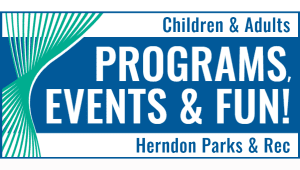By Fairfax Neonatal Associates
Does your child have awakenings at night with sleepwalking like a zombie to your room or wake up with a blood-curdling scream due to a sleep terror?
Sleepwalking is common, and approximately 15-40% of children can have at least one episode of sleepwalking. During these events, children can appear to be dazed, confused, or agitated. Sleep terrors can occur in approximately 3-6% of children. Sleep terrors usually occur suddenly, and children can appear agitated, frightened, and begin crying or screaming. The events are usually dramatic as the child can appear to have an intense fear or panic with sweating, dilated pupils, sitting up in bed, and flailing.
Most children do not usually recall their sleepwalking or sleep terror events afterward since they are asleep during the episodes. These events usually disappear by adolescence. However, since there can be safety issues with sleepwalking or sleep terrors, we have several recommendations to aid with decreasing these events:
SLEEP SCHEDULE
Maintaining a regular sleep schedule and ensuring your child has an adequate amount of sleep since sleep deprivation can be a major trigger.
AVOIDING EXACERBATING FACTORS
Caffeine, stressors/anxiety, limiting fluid intake close to bedtime since a full bladder during sleep can increase events.
SLEEP TERRORS
Scheduled awakenings before the event could be considered if the events occur nightly in a highly predictable time. This involves waking up your child just to the point your child mumbles or changes their sleep position, approximately 15-30 minutes before the first event occurs, and to continue the scheduled awakenings for approximately 2- to 4-weeks. Avoid awakening your child during the actual event since it can increase agitation or cause combative behavior and prolong the event.
SLEEPWALKING
Employ safety measures by guiding your child back to their bed, having a bell attached to the bedroom door, locking windows, and having an alarm system for the house. If your child is having a sleepover away from your home, then share information and safety tips with other caregivers.
It’s time to seek treatment if your child’s sleepwalking leads to dangerous or injurious behaviors or your child has persistent/prolonged night terrors, and you suspect they may have disruption due to sleep apnea or leg movements at night. If the sleepwalking or sleep terror events cause significant daytime impairment or tend to occur predominantly in the latter half of the night, then screening for the awakenings’ medical causes is recommended.












